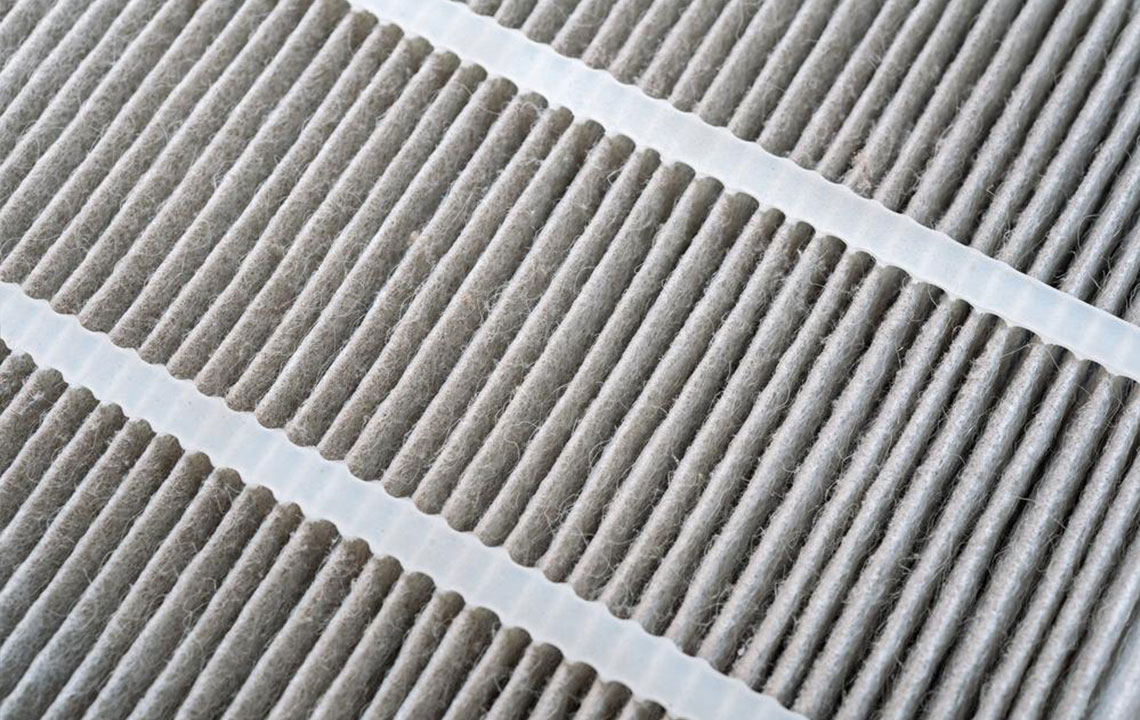Materials used in air filters
An air filter is an appliance that boosts the quality of air by removing particulate matter such as dust, bacteria, etc. It is an important appliance especially for aircrafts engines, where maintaining the superior quality of air is indispensable. Also, air filters are used in ventilation systems that are installed in buildings. With the advent of better technology, air filters have undergone a massive change in the past few years. The concept and technology of aerodynamics have seen breakthrough improvements.
The filtering element used inside the device varies according to the purpose for which the air filter is being employed.

Activated carbon –Filters containing charcoal help in getting rid of odor and other gaseous substances such as ozone.
Polyurethane foam – Thick foam based filters that trap large amounts of dirt, used to be very popular in vehicles designed for rally races. Foam is slowly being replaced with other modern air filter materials.
Static electricity –This forms the core of an air ionizer that uses high electric charge to eliminate airborne pollutants.
Stainless steel –The stainless steel mesh comes in a variety of sizes by the level of filtration required.
Paper – This air filter material is highly preferred as it is inexpensive and easy to apply. The pleated paper is semi-permeable and commonly placed in automobiles.
Cotton –Cotton, as an air filter element has recently caught the attention of manufacturers. It is used in air compressors, although, it’s used is still very limited.
Polyester, oil bath, water bath are other materials that help in the process of filtration. Most appliances involve a combination of the above air filter elements to capture airborne pollutants. The density of the material and layers involved are influenced by the cost involved and efficiency parameters. Choosing the right air filter element is essential if you want your air filter device to give the desired results.

